
General Pediatrics Residency Program
Welcome to the General Pediatrics Residency Program at the University of Alberta.
-
Number one
Leader in solid organ transplants
-
Thirteen
Subspecialty programs
-
Eight
Rural outreach sites throughout Alberta & Northwest Territories
Interview/CaRMS Specific Information
We look forward to meeting you at our live events.
Check out the dates on the CANPREPP portal. Our group is an exciting bunch. We encourage you to ask questions and have some fun.
All interviews will be conducted virtually using Zoom as our interview platform.
There will be a welcome and registration with the Program Directors on the day of your interview, we will email you your schedule with all your schedule details.
We interview using the Multiple Mini Interview (MMI) Format. Our MMI circuit consists of:
- Seven stations: five stations are related to various CanMEDS roles, and two stations are interactive.
- The stations are eight minutes, with two minutes between for reading the stem.
While you are with us, you will:
- Have a virtual welcome with our Program Directors.
- Have your MMI Interview.
- Have a virtual guided tour by one or two of our fabulous residents.
The Multiple Mini Interview (MMI) Process was adopted by the University of Alberta, Pediatrics Residency Program in 2005. The MMI process allows for independent assessments by different interviewers based on different scenarios, during a timed circuit of seven stations. Applicants are individually scored and ranked by each interviewer.
The University of Alberta Pediatrics MMI circuit consists of five CanMEDS based scenarios and two personal stations.
Candidate applications are reviewed and scored separately by a small committee and this results in our offer to interview with us. One interviewer per track reviews your personal letter, all other interviewers are blind to your application.
MMI Interview tracks are 10 minutes per station in total including two minutes to read the scenario and eight minutes to respond to the scenario.
There will be a countdown timer at the top of the top of the screen during your virtual MMI.
*Tip: If you feel you performed poorly in a station, don't worry, take a deep breath & calm yourself before you move onto the next station. This is a benefit of the MMI process!*
Once you have responded to the scenario to the best of your ability, you may tell the interviewer you have completed your response. If there is time remaining, the interviewers are trained to not engage in any additional/personal conversations. This often results in sitting in silence for the time remaining; while we recognize this can be somewhat uncomfortable, for both the candidate and the interviewer, silence is okay and should not be construed as negative. It is just meant to standardize the process.
Every attempt is made to ensure that interviewers do not know the candidates they are interviewing, however, it does happen occasionally. We explicitly have interviewers identify any conflicts of interest ahead of the MMI process. If you know one of your interviewers, please carry on with the station.
Contact Information
General Pediatrics Residency Program
Department of Pediatrics,
University of Alberta
genpeds@ualberta.ca
Pediatric Division Page
Welcome to Our Program
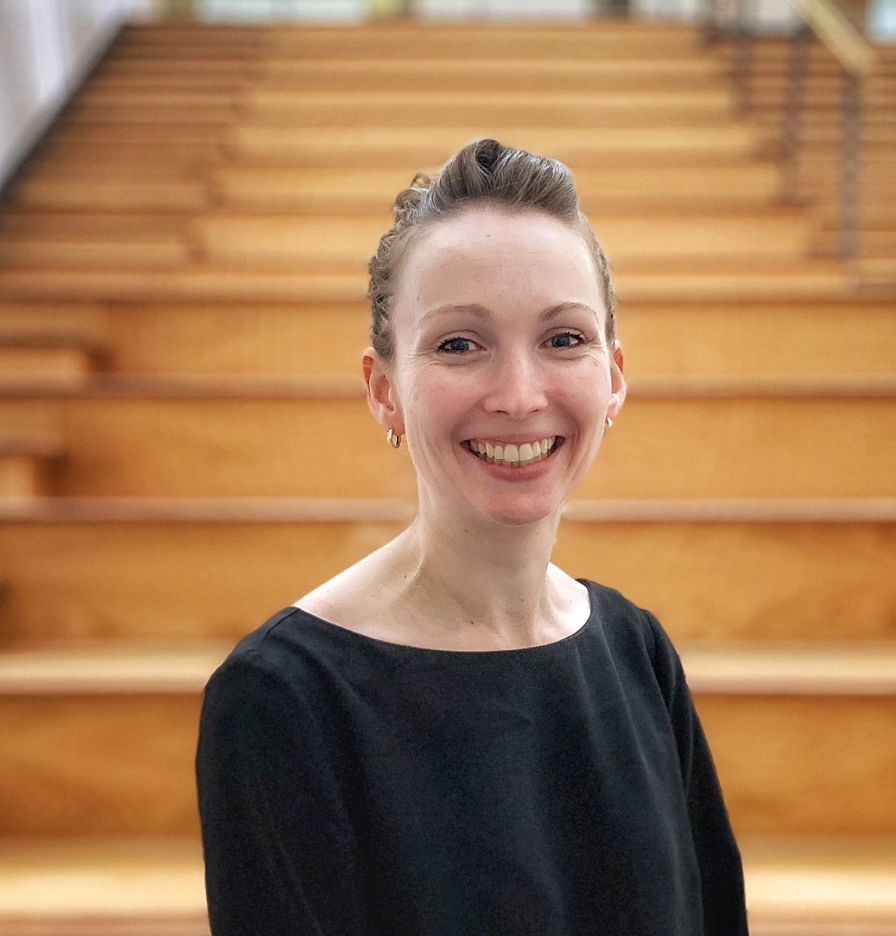
Jessica Foulds
Program Director
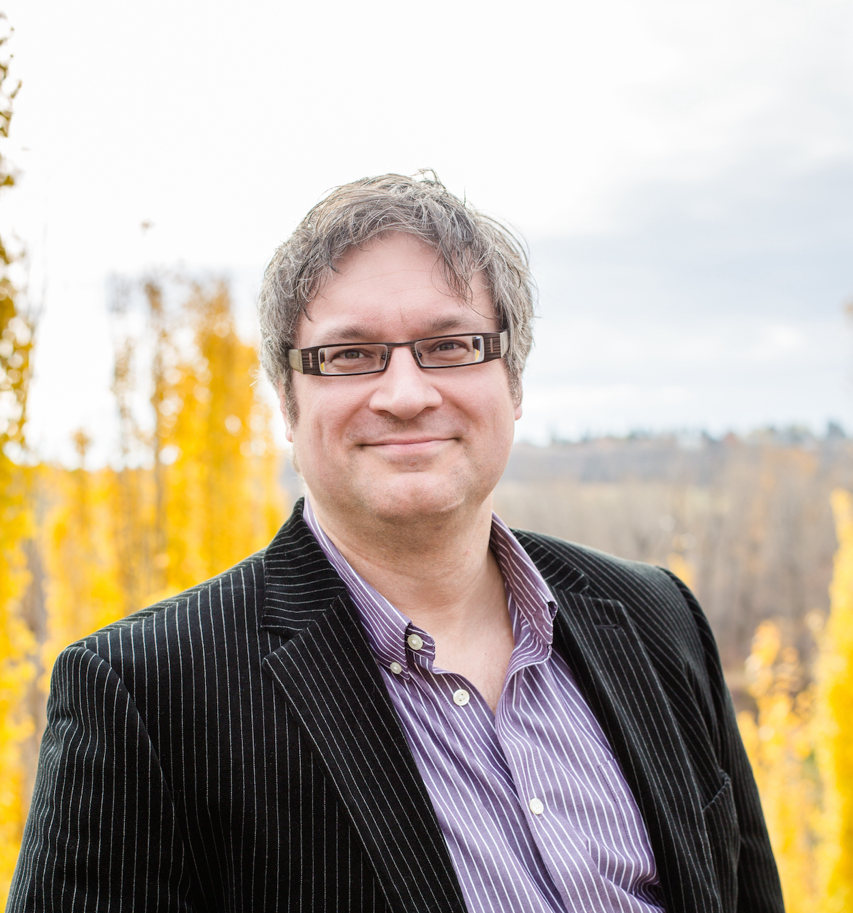
Troy Turner
Assistant Program Director
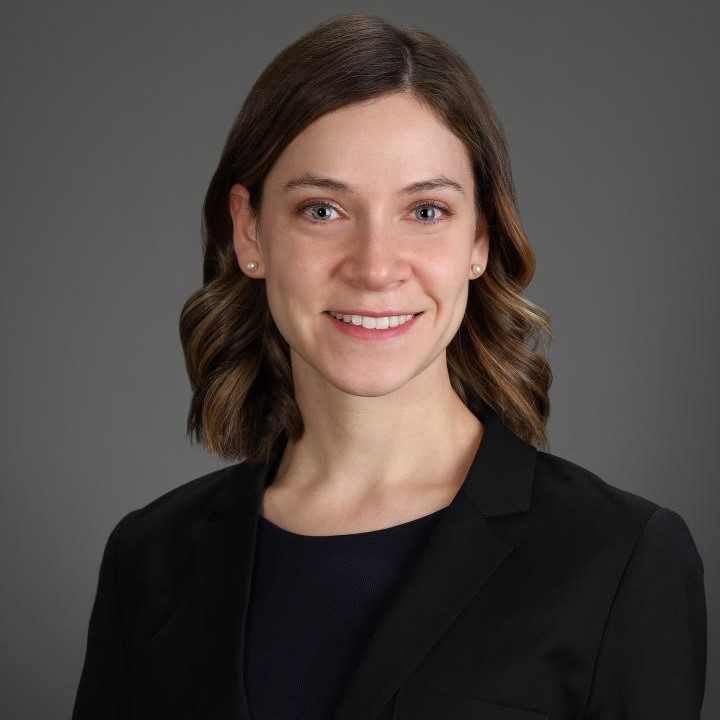
Anna Serebrin
Assistant Program Director
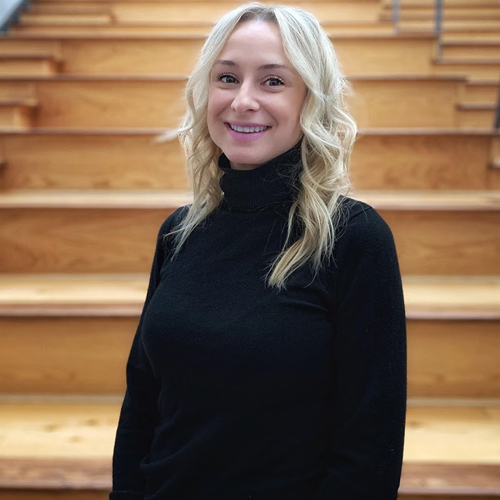
Jodi Gartner
Medical Education Program Coordinator
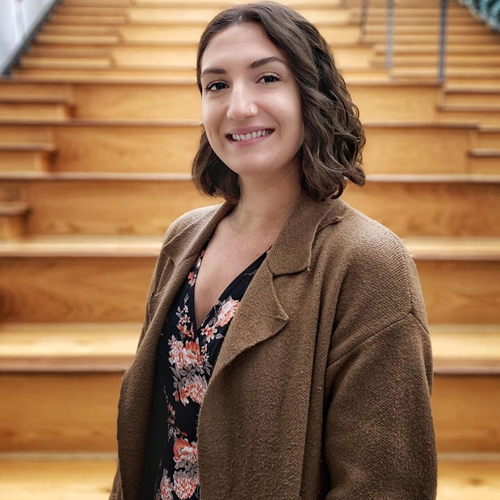
Cassie Rivait
Medical Education Program Coordinator
Message from the Program Director
Edmonton offers economical, accessible living for the lifestyle you choose. We are fortunate to have a great team including residents, administrative personnel, allied health and faculty. We all work together to promote the health of children and their families. Some of our strengths include the tremendous clinical diversity, rural and northern locations, international health opportunities, and health advocacy. In fact, as a part of their health advocacy initiative our residents formed a community pediatric clinic in the Maskwacis Cree community. This advocacy project was recognized by the Canadian Pediatric Society and received a CPS Health Advocacy Grant and has now grown into a full-time clinic run by a local pediatrician.
We provide services and education in all pediatric subspecialties including exposure to unique programs. The Stollery Children's Hospital is the referral center for all pediatric liver and small bowel transplants, and all pediatric cardiac surgeries including cardiac transplant in Western Canada. Our two pediatric intensive care units (Medical/Surgical and Cardiac) and Pediatric Emergency see a wide variety of pediatric diagnoses. Our residents have gone on to meaningful careers across North America both in the community and as academic faculty in General Pediatrics and subspecialties.
Our program boasts outstanding exam preparation opportunities, personal and academic mentorship opportunities as well as award winning educators. The department's collaboration with the Women and Children's Health Research Institute (WCHRI), as well as being the home of world renowned researchers, enables a well supported resident research program.
We are delighted by the opportunity to meet you!
Jessica Foulds
Program Director
Our Program
We are a fully accredited program that follows the guidelines set out by the Royal College of Physicians and Surgeons of Canada. Our program is four core years spent in general pediatrics.
U of A General Pediatrics Mission Statement
To support, educate, and foster the development of pediatricians in their preparation for the breadth and depth of pediatrics practice. We strive to do this in a dynamic manner that is mindful of the well-being of the learners, patients, their families and the greater community we serve.
Program Goals
Our mission & vision align the Faculty of Medicine & Dentistry at the University of Alberta:
Our mission: To serve the public with social accountability through partnerships, leadership, and innovation in education, research and health care
Our vision: Health and wellness of all through excellence in education, discovery and clinical care
Our aim in the Department of Pediatrics is to train pediatricians who provide excellence in care for infants, children, youth and families by:
- Providing comprehensive and equitable health care
- Advocating for vulnerable populations
- Educating health professionals who represent the spectrum of all persons, inclusive of those from varied racialized, differently abled, sexual orientation and gender identity(SOGI) & religious/cultural backgrounds for today and the future
- Advancing knowledge through innovative research
- Promoting quality and patient safety
- Developing leaders in child health

Program Highlights
Residency at a Glance
Learn about each year of the program with an overview of each year.
10 blocks - Foundations of Discipline (F)
- 12 weeks - Clinical Teaching Unit (CTU - junior)
- 4 weeks - NICU
- 4 weeks - Emergency
- 4 weeks - Developmental Pediatrics (Junior)
- 4 weeks - Pediatric Surgery
- 12 weeks - Selective (opportunity to do sub-specialty)
- 2 weeks - Research
- 4 weeks - Ambulatory
- 4 weeks - Night Float
- 4 weeks - Vacation
- 8 weeks - Pediatric Intensive Care
- 4 weeks - NICU
- 2 weeks - Research
- 10 weeks - Selective (opportunity to do sub-specialty)
- 8 weeks - Elective (call free)
- 4 weeks - Community General Pediatrics (rural or urban)
- 4 - 8 weeks - Clinical Teaching Unit (triage/green team)
- 4 weeks - Social Pediatrics
- 4 weeks - Night Float
- 4 weeks - Vacation
- 4 weeks - Developmental Pediatrics (Senior)
- 12 weeks - Clinical Teaching Unit (CTU - senior)
- 8 weeks - Elective (call free)
- 4 weeks - Community Rural (away rural, i.e. Yellowknife/Red Deer)
- 4 weeks - Emergency
- 4 weeks - NICU
- 6 weeks - Selective (opportunity to do sub-specialty)
- 4 weeks - Mental Health
- 3 weeks - Night Float
- 1-4 weeks - Research (1 week allotted for research, however flexible with selective time)
- 4 weeks - Vacation
8-9 blocks - Transition to Practice (TTP)
- Transition to Practice streams for Ambulatory, Rural/Regional Pediatrics, and Academic/Subspecialty varied by amount of NICU and rural/regional experiences with lots of opportunity to tailor to learning and transition to practice needs.
Teaching Hospitals
We are a fully accredited program that follows the guidelines set out by the Royal College of Physicians and Surgeons of Canada. Our program is four core years spent in general pediatrics at multiple locations.
University of Alberta Hospital
Glenrose Rehabilitation Hospital
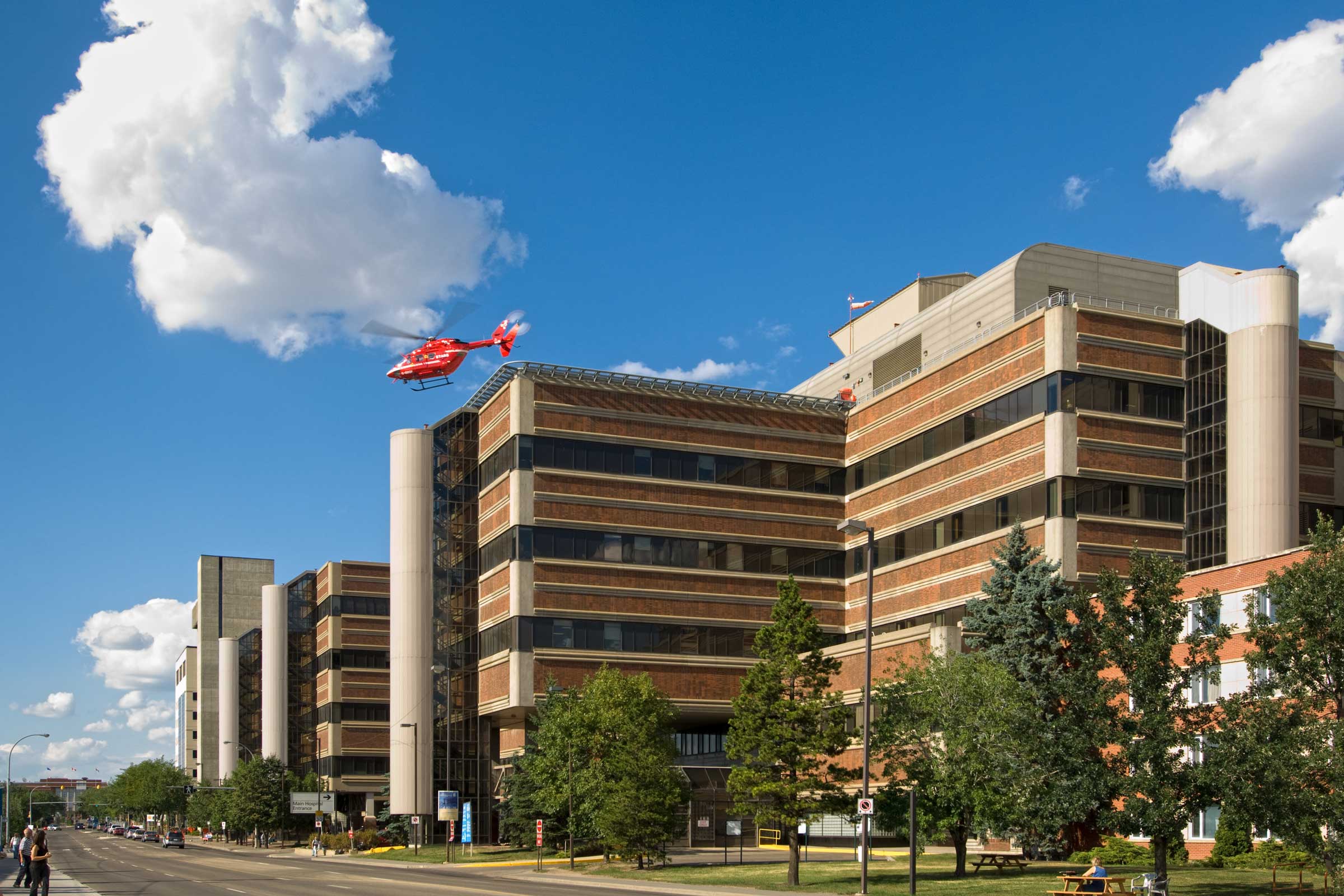
RURAL ROTATIONS AND OUTREACH CLINIC OPPORTUNITIES
Our referral base is approximately two million people in Alberta from the north and Western Arctic, as well as northeastern British Columbia. As such, we are excited to be able to offer our residents rural rotations in Red Deer and Yellowknife (NWT) as well as out-reach clinic opportunities in Maskwacis and High Level.
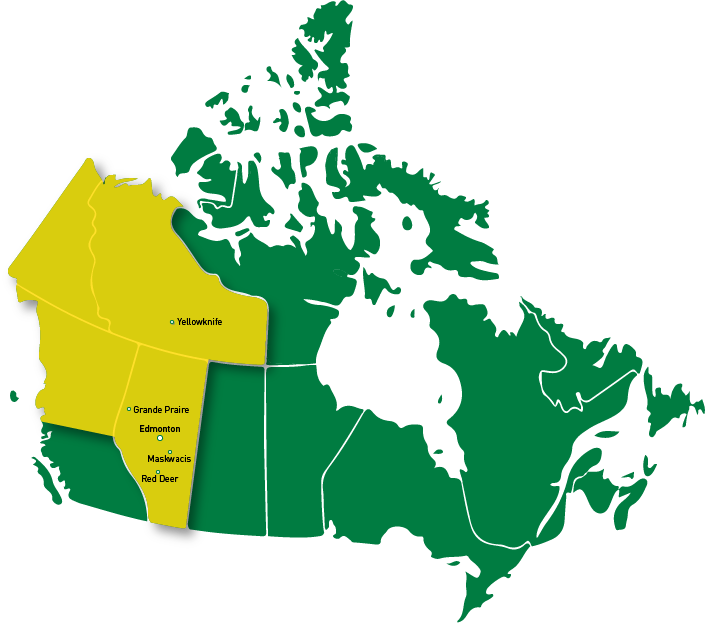
The referral base for the University of Alberta General Pediatrics stretches across northwestern Canada. Some of the key resident training centres are indicated.
Subspecialties
During General Pediatric training, residents have the opportunity to rotate through a wide variety of subspecialties led by excellent and dedicated teaching staff. Many of these subspecialty rotations have a residency training program of their own. The Department of Pediatrics is proud to offer 13 Royal College Accredited subspecialty programs, as well as many fellowship programs.
Frequently Asked Questions
We offer flexible elective opportunities for those interested in rural/regional training
Including opportunities in:
- Yellowknife
- Red Deer
- Grand Praire
- Slave Lake
- Cold Lake
- High Level
- Saddle Lake
- Maskwacis
Our people. Faculty and support staff are dedicated to providing you with the best, most diverse pediatric education possible.
Longitudinal confidence building in NICU care as our hospital is not a labour and delivery site.
Call back-up restructuring that is sustainable and informed by fatigue risk management principles (reviewed annually!)
Resident Testimonials
We asked our residents what their highlights of their program are, and one piece of advice about the interview process for applicants. Here is what a few of them had to say:
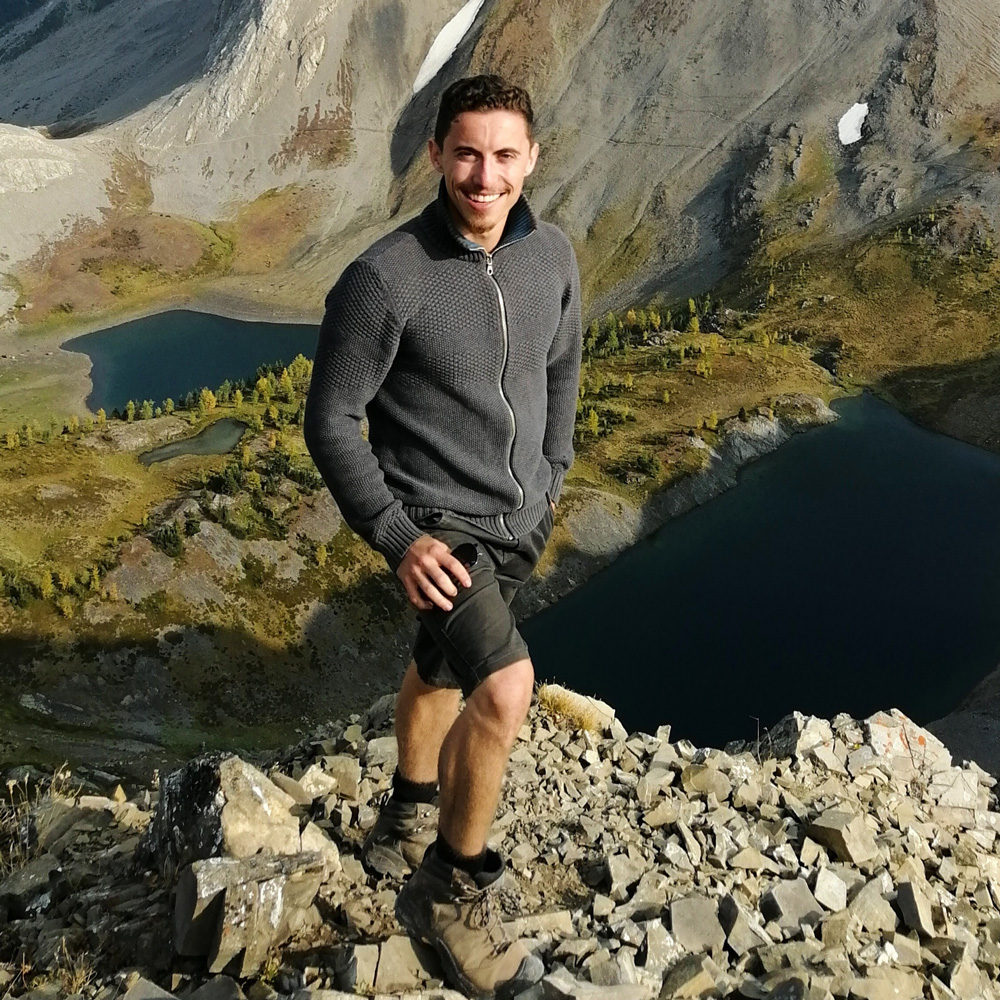
What are the highlights of the program for you? Undoubtedly, the people. From the staff physicians, to the administrative teams, to the fellows and the residents, there is a deep sense of support here. During the inevitable tiring times of residency, this atmosphere provides the fuel to keep going, strengthens your learning, and creates a place where you can be happy to come to work.
What is one piece of advice that you want to share with applicants about the interview process? You’ve been you your whole life. Be you during the interviews, and the rest will fall into place. At the end of the day, you want to end up in a residency program where you can be yourself and enjoy the years of training. The people interviewing you are just human and once went through similar stresses to what you may be experiencing now. Try to enjoy yourself and trust your gut... you’ll feel where you fit the most.
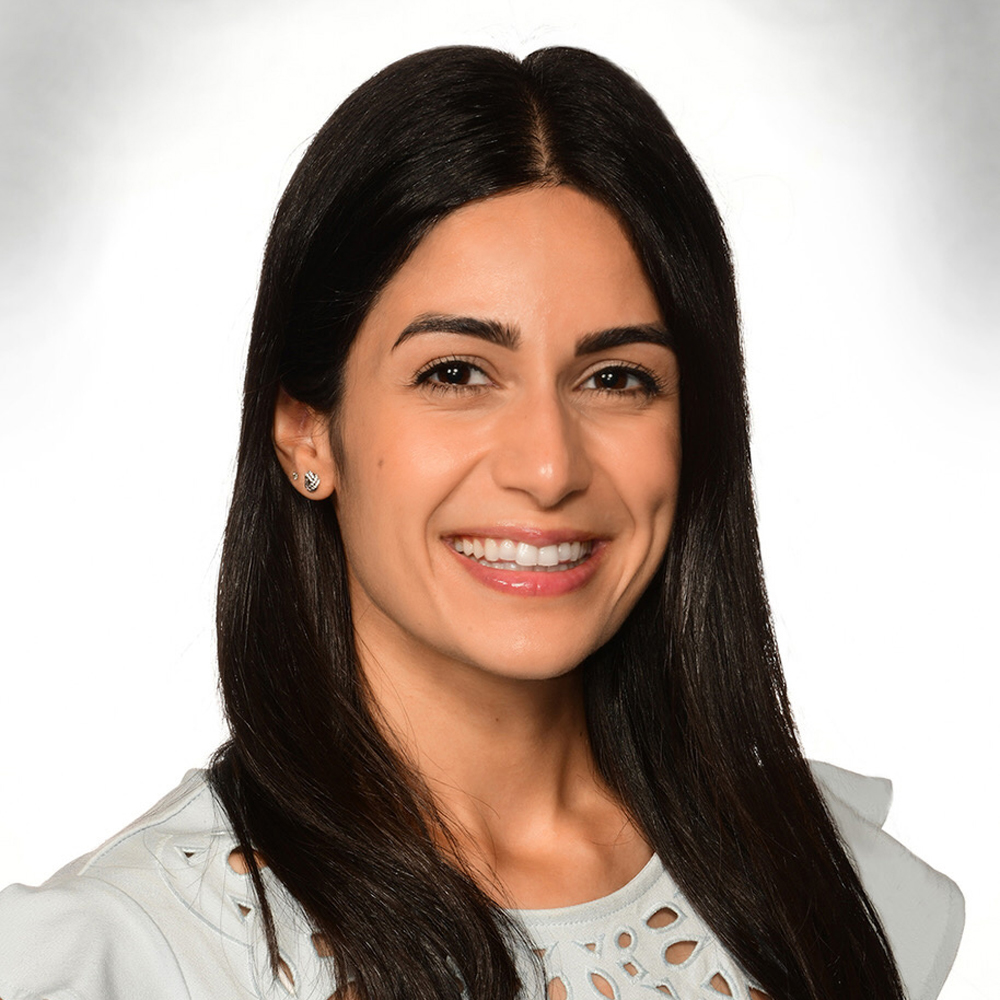
What are the highlights of the program for you? The people. I chose Edmonton because I felt instantly connected to and supported by the staff. As a resident, I can endorse that all my interactions have been to this nature. Truly there is an interest in your learning and success here. Furthermore, the resident group feels like family.
What is one piece of advice that you want to share with applicants about the interview process? Just take one day at a time. Thinking about everything that is to come your way can be super stressful. Remember, you can learn from today and start fresh tomorrow. Shrug off that awkward interview because it won’t matter at your next one!
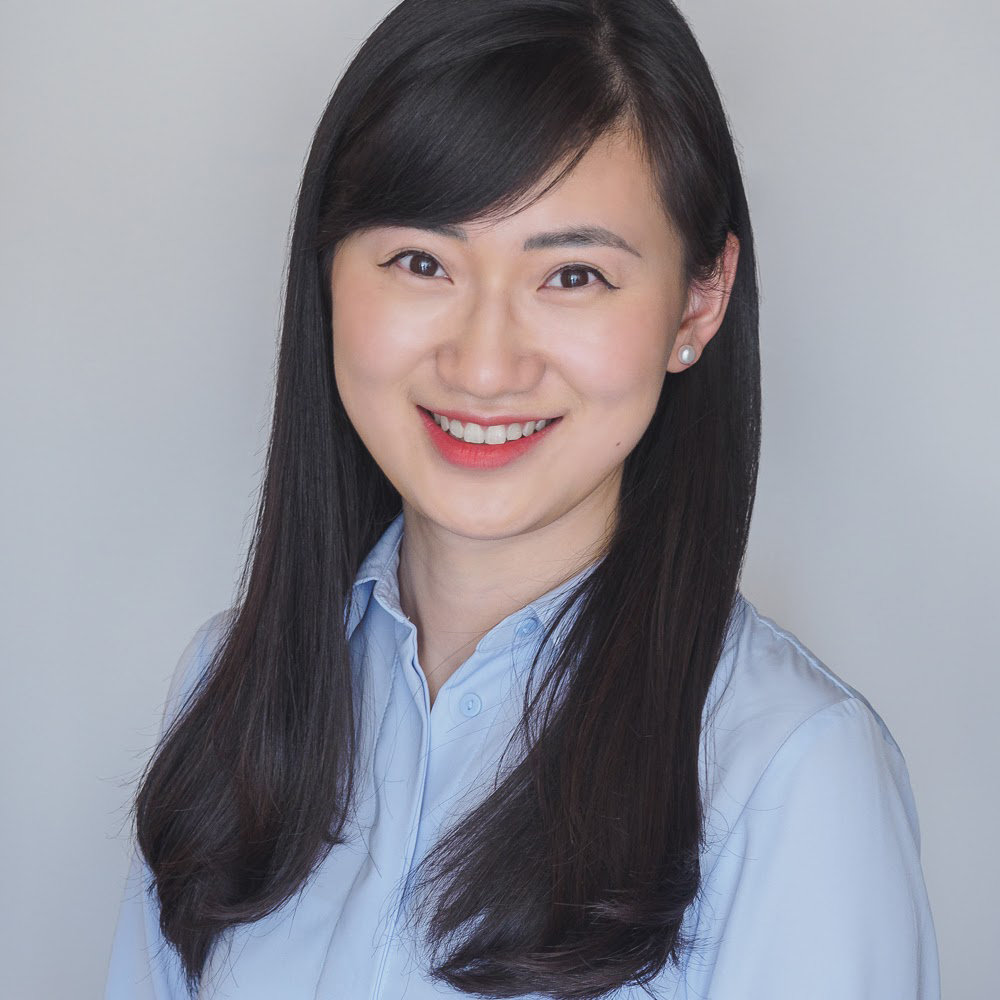
What are the highlights of the program for you? From the friendly PDs, the helpful program admins, to the supportive residents, every single person I've interacted with is so passionate about making Edmonton Peds an amazing program and they all deeply care about every resident's wellbeing and learning. The program is big enough that we only have a few call shifts a month on average but also rich with hands-on learning opportunities and interesting cases. The resident group is definitely another highlight. We share a very strong sense of community and we get together for a lot of fun social events with residents from all years- we had 3 BBQs already just within my first week of residency! Work is so much more fun and enjoyable when you love the people you work with.
What is one piece of advice that you want to share with applicants about the interview process? After each interview, don't dwell on how "terribly" the interview might have gone, maybe they loved your awkward and quirky answers! The interview process was definitely stressful and expensive, but it'll be over and life will be a lot better afterwards!

What are the highlights of the program for you? Our program has a perfect mix of interesting and complex medicine with a smaller size so that you get to know your fellow residents and staff, and still have ample learning and research opportunities. If you want to see cool, rare or interesting types of medicine you can. If you want to focus on community medicine and building relationships/ longitudinal care you can do that as well.
What is one piece of advice that you want to share with applicants about the interview process? Embrace the chaos because with CaRMS it's unavoidable. Remember that programs are also competing for your interest and that you are worth competing for!
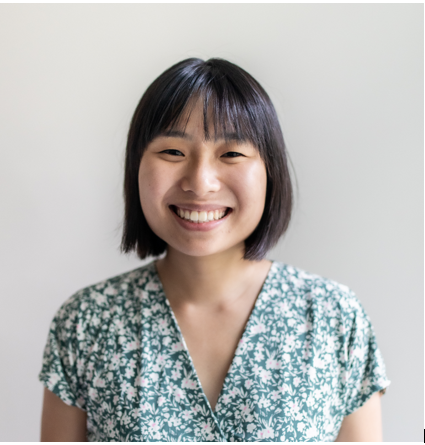
What are the highlights of the program for you? The University of Alberta peds group is not only a really wonderful working environment but will give you a strong foundation and prepare you for whatever career in peds you’re interested in (e.g. rural regional, an academic subspecialty etc.). We are the largest children’s hospital west of Toronto, have all the peds subspecialties and 236 beds in total with 16 PICU beds and ~54,000 visits to the ER each year. The Stollery has one of the largest catchment areas of any hospital in North America and serves a very diverse population including many new Canadians, First Nation groups and many northern communities. You will see lots of complexity and acuity! It’s also a medium sized program, so you quickly become familiar with the staff, coresidents, nursing team and allied health colleagues. Whether it’s our biannual retreats in Canmore or you find a surprise starbucks gift card in your locker after a long week, the peds community and our incredible PDs really go above and beyond to make sure you feel cared for during training and supported in your career goals.
What is one piece of advice that you want to share with applicants about the interview process? Wishing you all the best and that you find the program that is the right fit for you! You’ve worked so hard to come to this point! I encourage you to try to enjoy the journey as much as you can along the way. The interviews can be fun and a great way to get career advice, find out about different people’s journeys and what career models and opportunities are available to you. Try to talk to people in the programs you are particularly interested in as much as you can :) I'm always available to chat too!
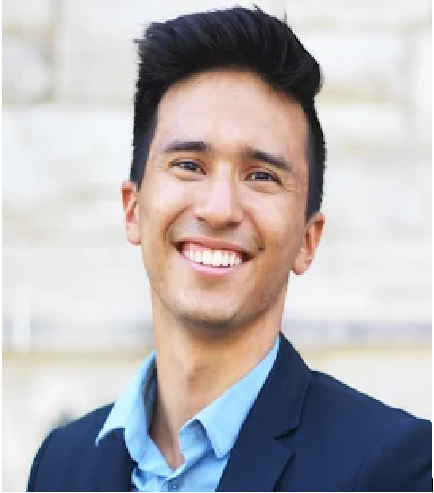
What are the highlights of the program for you? The amount of emotional, mental and personal support I received when I joined this program was immense. People go out of their way to check in on you, people are eager to contribute to a community of teamwork and there's a strong sense of appreciation for each other. I know this program will provide me with the connections and inspiration to grow as a resident and physician, and learn the best way I can.
What is one piece of advice that you want to share with applicants about the interview process? Have fun with it! You're getting to know the program as much as the program is getting to know you, ask them questions important to your values and see whats a right fit for you. Don't worry about trying to fit into a box, we're such a diverse collection of personalities that the program just wants to see who you are.